Blockchain is a continuously growing list of independent records, called blocks, which are linked to create new transactions with each block containing a hash to link to the previous transactions
Ever since cryptocurrency bitcoin has taken the internet world by storm owing to the trust value it promises to the financial transactions over the internet, the underlying technology or blockchain has been garnering a lot of attention from all quarters. Data integrity is the foundation for blockchain, a vast, globally distributed ledger running on millions of devices and is open to anyone. Thus it holds tremendous potential for consumers across industries, especially health insurance.
Secure access to data is a primary need of the health insurance sector
The health insurance sector has seen immense growth over the last few years and consumers today are more aware of the need for health insurance. A recent study conducted by Max Bupa revealed that nearly 70% of the respondents considered health insurance to be more important than life insurance. However, concerns with respect to trust and consumer experience still linger, which if addressed can propel exponential growth of the sector and benefit consumers at the same time.
Information silos and its inaccessibility has also impacted consumer experience. When a distraught consumer calls his insurer for a claim, he often finds the process complicated and tedious. Hence, better data sharing between healthcare and health insurance providers can improve service delivery and reduce time taken to settle claims to a great extent. The above problems can be resolved through digitisation of information, which can provide instant access to all parties involved when needed. However, security limitations create a critical bottleneck in the flow of information and consumers are at the receiving end if their sensitive data is compromised.
Blockchain can be an effective enabler in building a robust medical ecosystem that connects disparate systems in the healthcare and health insurance industry together and address the flow of information in a secure manner.
Blockchain is a continuously growing list of independent records, called blocks, which are linked to create new transactions with each block containing a hash to link to the previous transactions. All these transactions are secured using cryptography. By design, blockchains are inherently resistant to modification of the data, which makes them suitable for the recording of events, medical records, and other records management activities, such as identity management and transaction processing.
Organisations can choose to implement a permission less blockchain, such as the Bitcoin blockchain, where anyone can participate in transactions and access information, or a permissioned blockchain that enables only intended users to validate the block transactions.
Prescrypt, a proof-of-concept developed by Deloitte Netherlands, in collaboration with SNS Bank and Radboud, gives patients complete ownership of their medical records, allowing them to grant and revoke provider access to their data.
Healthcare and health insurance organisations can use blockchain technology to verify a patient’s digital identity, genetics data, or prescriptions history, which will allow them to provide improved services.
Blockchain is a robust technology that can drive the healthcare industry, improve quality of care and lower the cost of delivery. Blockchain can help remove third party dependencies, thereby reducing administrative costs.
As blockchain technology adoption expands, the industry will need to adapt to changing financial models and care delivery, as it exhibits huge potential to become the next big technology innovation engine.
In recent times, the focus of the health insurance sector in India has shifted from “illness to wellness”, with the digital savvy millennials recognising the need to embrace preventive wellness solutions to stay healthy and fit. In fact, the Insurance Regulatory Authority of India (Irda) is also laying strong emphasis on driving this shift and blockchain can be the cornerstone for enabling this. A case in point is IBM's Watson Health artificial intelligence unit that has signed a two-year joint-development agreement with the US Food and Drug Administration (FDA) to explore using blockchain technology for medical research.
Blockchain has the potential to revolutionise the health insurance sector by empowering consumers with access to reliable information as well as offering customised solutions.
Statistics shows that India has the highest out of pocket expenses at 65%, the highest amongst BRIC countries. Availability of relevant information and health insurance solutions can perhaps help reduce this.
With a population of 1.27 billion people and only 460 million internet users, digitising the healthcare processes and implementing ground breaking technologies like blockchain will be a daunting task, but with the interest and support of the government and all ecosystem players, blockchain in healthcare and health insurance will no longer remain just a conversation.
WHAT'S A BLOCKCHAIN?
- Blockchain is a continuously growing list of independent records, called blocks, which are linked to create new transactions with each block containing a hash to link to the previous transactions
- By design, blockchains are inherently resistant to modification of the data, which makes them suitable for the recording of events, medical records, and other records management activities
The is managing director & chief executive officer, Max Bupa
![submenu-img]() Meet man who once suffered loss of Rs 15 crore, then built Rs 2000 crore turnover company at 60, he is…
Meet man who once suffered loss of Rs 15 crore, then built Rs 2000 crore turnover company at 60, he is…![submenu-img]() 'They did her dirty': Aishwarya Rai fans criticise stylist for her 'failed art project' outfit on Cannes red carpet
'They did her dirty': Aishwarya Rai fans criticise stylist for her 'failed art project' outfit on Cannes red carpet![submenu-img]() Woman walks on the streets of Tokyo in saree, viral video shows people’s reaction
Woman walks on the streets of Tokyo in saree, viral video shows people’s reaction![submenu-img]() Blinkit offering ‘free dhaniya’ with vegetable orders, people now asking for free…
Blinkit offering ‘free dhaniya’ with vegetable orders, people now asking for free…![submenu-img]() Kartam Bhugtam: Shreyas Talpade-starrer is a riveting dive into the unknown
Kartam Bhugtam: Shreyas Talpade-starrer is a riveting dive into the unknown![submenu-img]() Meet PhD wife of IIT graduate hired at Rs 100 crore salary package, was fired within a year, he is now…
Meet PhD wife of IIT graduate hired at Rs 100 crore salary package, was fired within a year, he is now…![submenu-img]() Meet woman not from IIT, IIM or NIT, cracked UPSC exam in first attempt with AIR...
Meet woman not from IIT, IIM or NIT, cracked UPSC exam in first attempt with AIR...![submenu-img]() Maharashtra Board Results 2024: MSBSHSE class 10th, 12th results soon, know how to check results via SMS
Maharashtra Board Results 2024: MSBSHSE class 10th, 12th results soon, know how to check results via SMS![submenu-img]() Meet Indian genius who became world’s 'youngest' surgeon at 7, worked in IIT for...
Meet Indian genius who became world’s 'youngest' surgeon at 7, worked in IIT for...![submenu-img]() Meet Kashmir boy, who is JEE topper, wants to pursue Computer Science, he aims to clear...
Meet Kashmir boy, who is JEE topper, wants to pursue Computer Science, he aims to clear...![submenu-img]() DNA Verified: Is CAA an anti-Muslim law? Centre terms news report as 'misleading'
DNA Verified: Is CAA an anti-Muslim law? Centre terms news report as 'misleading'![submenu-img]() DNA Verified: Lok Sabha Elections 2024 to be held on April 19? Know truth behind viral message
DNA Verified: Lok Sabha Elections 2024 to be held on April 19? Know truth behind viral message![submenu-img]() DNA Verified: Modi govt giving students free laptops under 'One Student One Laptop' scheme? Know truth here
DNA Verified: Modi govt giving students free laptops under 'One Student One Laptop' scheme? Know truth here![submenu-img]() DNA Verified: Shah Rukh Khan denies reports of his role in release of India's naval officers from Qatar
DNA Verified: Shah Rukh Khan denies reports of his role in release of India's naval officers from Qatar![submenu-img]() DNA Verified: Is govt providing Rs 1.6 lakh benefit to girls under PM Ladli Laxmi Yojana? Know truth
DNA Verified: Is govt providing Rs 1.6 lakh benefit to girls under PM Ladli Laxmi Yojana? Know truth![submenu-img]() Aishwarya Rai Bachchan turns heads in intricate black gown at Cannes, walks the red carpet with injured arm in cast
Aishwarya Rai Bachchan turns heads in intricate black gown at Cannes, walks the red carpet with injured arm in cast![submenu-img]() Laapataa Ladies' Poonam aka Rachna Gupta looks unrecognisable in viral photos, amazes with jaw-dropping transformation
Laapataa Ladies' Poonam aka Rachna Gupta looks unrecognisable in viral photos, amazes with jaw-dropping transformation![submenu-img]() In pics: Taarak Mehta Ka Ooltah Chashmah actress Deepti Sadhwani dazzles in orange at Cannes debut, sets new record
In pics: Taarak Mehta Ka Ooltah Chashmah actress Deepti Sadhwani dazzles in orange at Cannes debut, sets new record![submenu-img]() Ananya Panday stuns in unseen bikini pictures in first post amid breakup reports, fans call it 'Aditya Roy Kapur's loss'
Ananya Panday stuns in unseen bikini pictures in first post amid breakup reports, fans call it 'Aditya Roy Kapur's loss'![submenu-img]() Remember Harsh Lunia? Just Mohabbat child star, here's how former actor looks now, his wife is Bollywood's popular...
Remember Harsh Lunia? Just Mohabbat child star, here's how former actor looks now, his wife is Bollywood's popular...![submenu-img]() Haryana Political Crisis: Will 3 independent MLAs support withdrawal impact the present Nayab Saini led-BJP government?
Haryana Political Crisis: Will 3 independent MLAs support withdrawal impact the present Nayab Saini led-BJP government?![submenu-img]() DNA Explainer: Why Harvey Weinstein's rape conviction was overturned, will beleaguered Hollywood mogul get out of jail?
DNA Explainer: Why Harvey Weinstein's rape conviction was overturned, will beleaguered Hollywood mogul get out of jail?![submenu-img]() What is inheritance tax?
What is inheritance tax?![submenu-img]() DNA Explainer: What is cloud seeding which is blamed for wreaking havoc in Dubai?
DNA Explainer: What is cloud seeding which is blamed for wreaking havoc in Dubai?![submenu-img]() DNA Explainer: What is Israel's Arrow-3 defence system used to intercept Iran's missile attack?
DNA Explainer: What is Israel's Arrow-3 defence system used to intercept Iran's missile attack?![submenu-img]() 'They did her dirty': Aishwarya Rai fans criticise stylist for her 'failed art project' outfit on Cannes red carpet
'They did her dirty': Aishwarya Rai fans criticise stylist for her 'failed art project' outfit on Cannes red carpet![submenu-img]() Kartam Bhugtam: Shreyas Talpade-starrer is a riveting dive into the unknown
Kartam Bhugtam: Shreyas Talpade-starrer is a riveting dive into the unknown![submenu-img]() Richa Chadha says Heeramandi co-star Sharmin Segal being trolled for her performance is 'audience’s right'
Richa Chadha says Heeramandi co-star Sharmin Segal being trolled for her performance is 'audience’s right'![submenu-img]() Meet only Indian actress whose film is competing for top prize at Cannes; not Aishwarya, Deepika, Kiara, Priyanka, Alia
Meet only Indian actress whose film is competing for top prize at Cannes; not Aishwarya, Deepika, Kiara, Priyanka, Alia![submenu-img]() How two heroines beat Rajinikanth, Vijay, Dhanush to give Tamil cinema's biggest hit of 2024; low-budget film earned...
How two heroines beat Rajinikanth, Vijay, Dhanush to give Tamil cinema's biggest hit of 2024; low-budget film earned...![submenu-img]() Woman walks on the streets of Tokyo in saree, viral video shows people’s reaction
Woman walks on the streets of Tokyo in saree, viral video shows people’s reaction![submenu-img]() Why Australians walk barefoot in public: Here’s the reason
Why Australians walk barefoot in public: Here’s the reason![submenu-img]() People in this country compete to see who’s best at doing nothing, here's why
People in this country compete to see who’s best at doing nothing, here's why![submenu-img]() Viral video: Influencer dressed as 'Manjulika' dances on crowded road, internet reacts
Viral video: Influencer dressed as 'Manjulika' dances on crowded road, internet reacts![submenu-img]() Viral video: Baby elephant receives 'Z-category security' during family nap in Tamil Nadu reserve
Viral video: Baby elephant receives 'Z-category security' during family nap in Tamil Nadu reserve
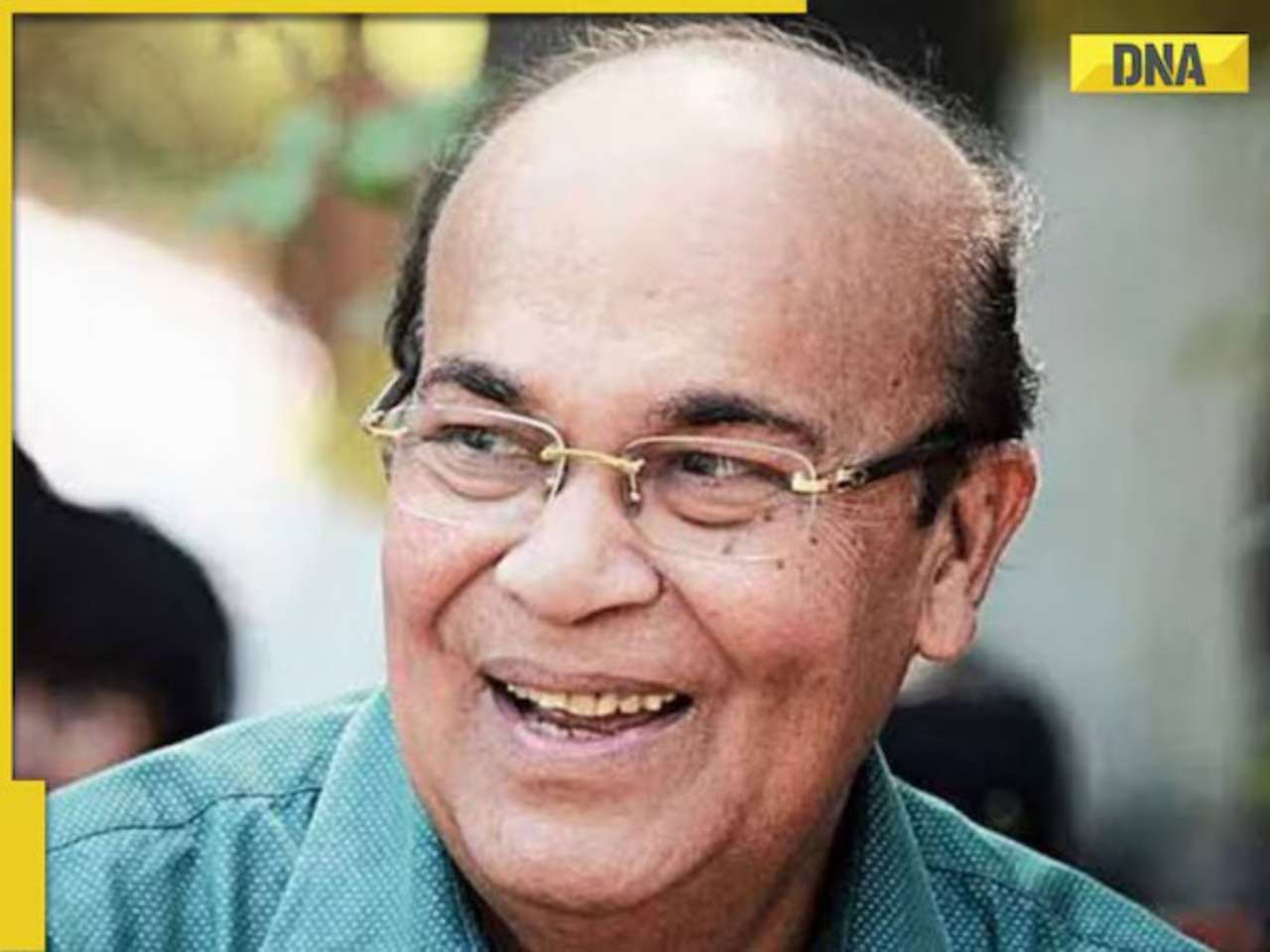


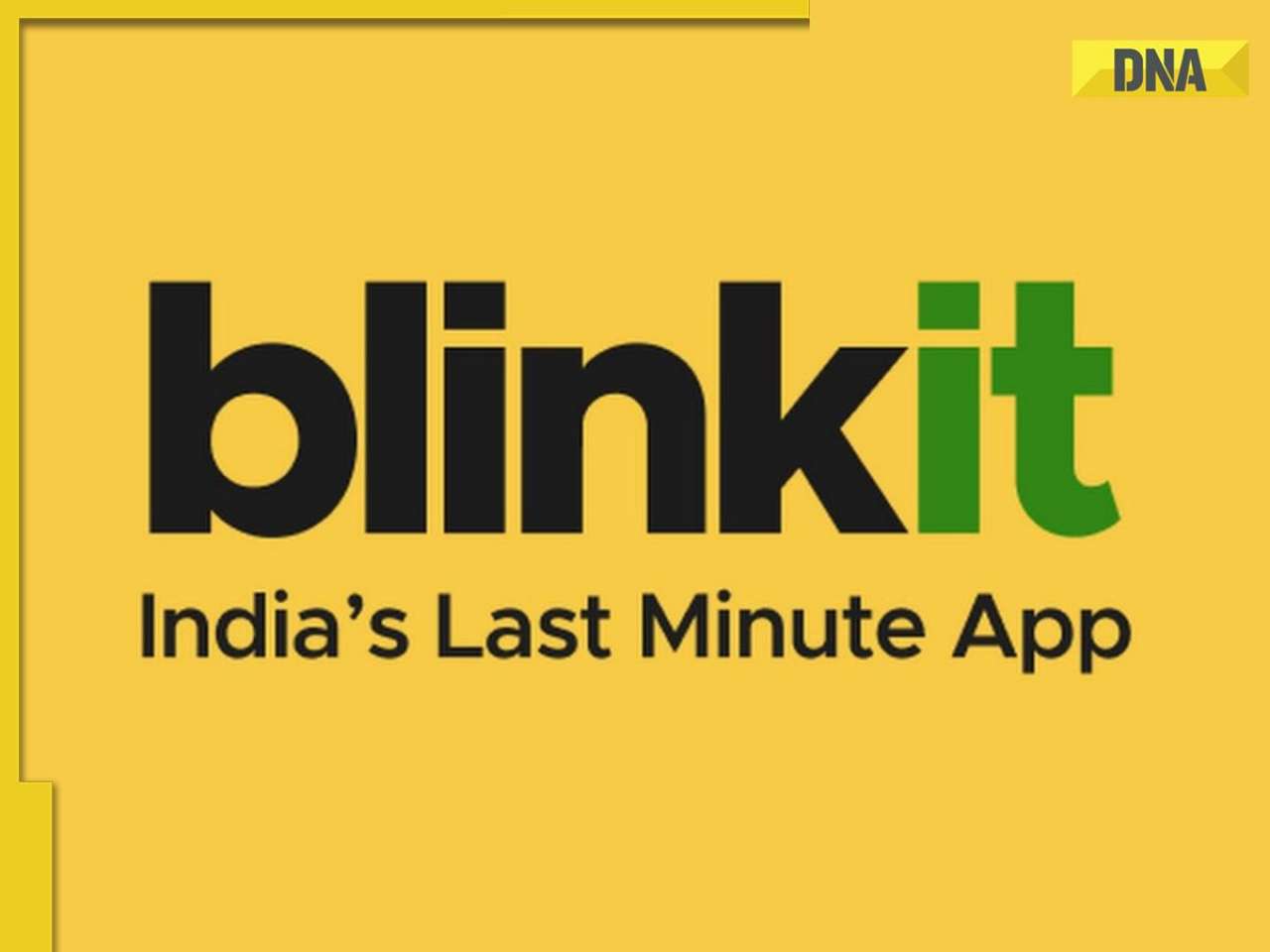
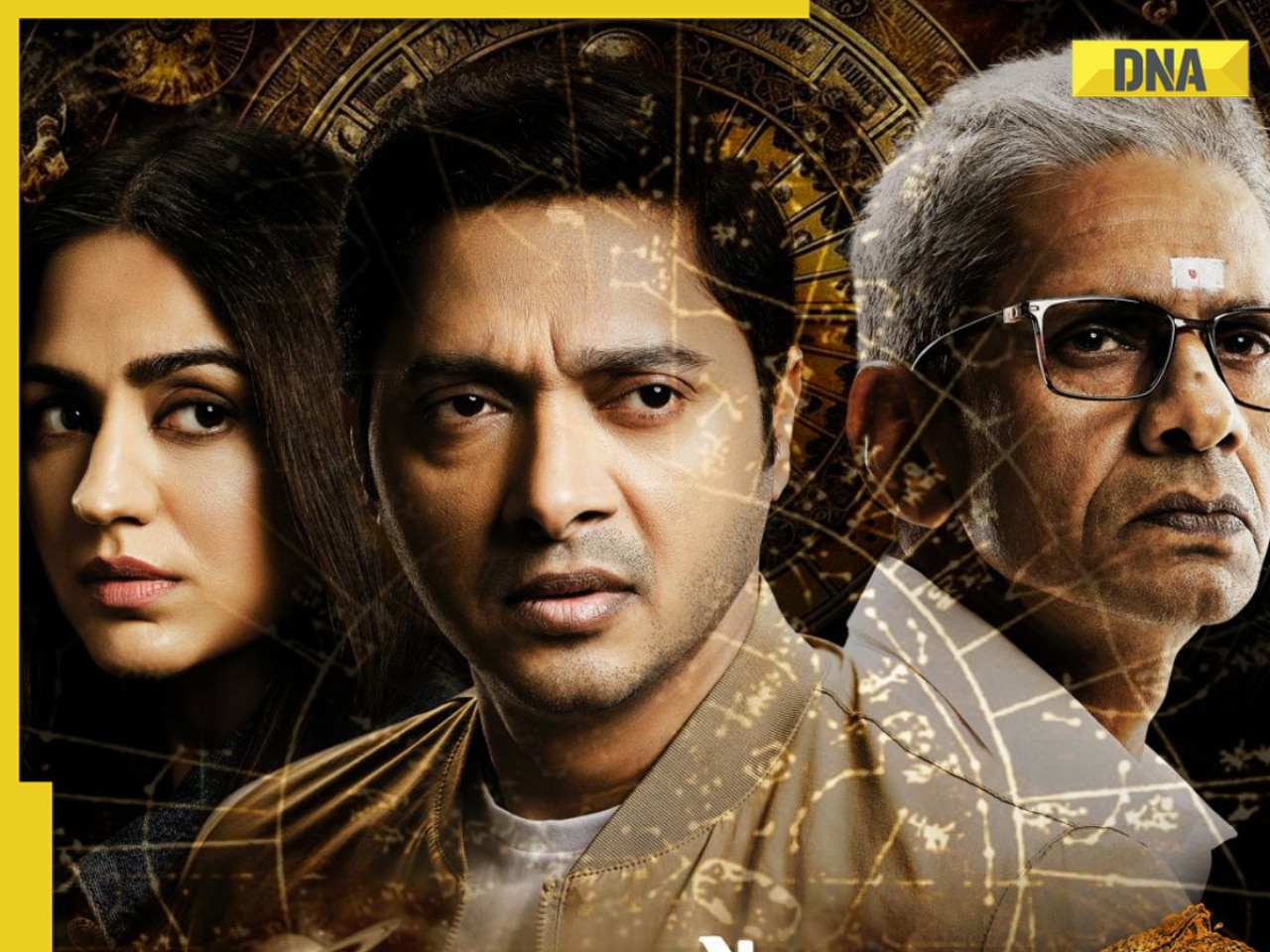

























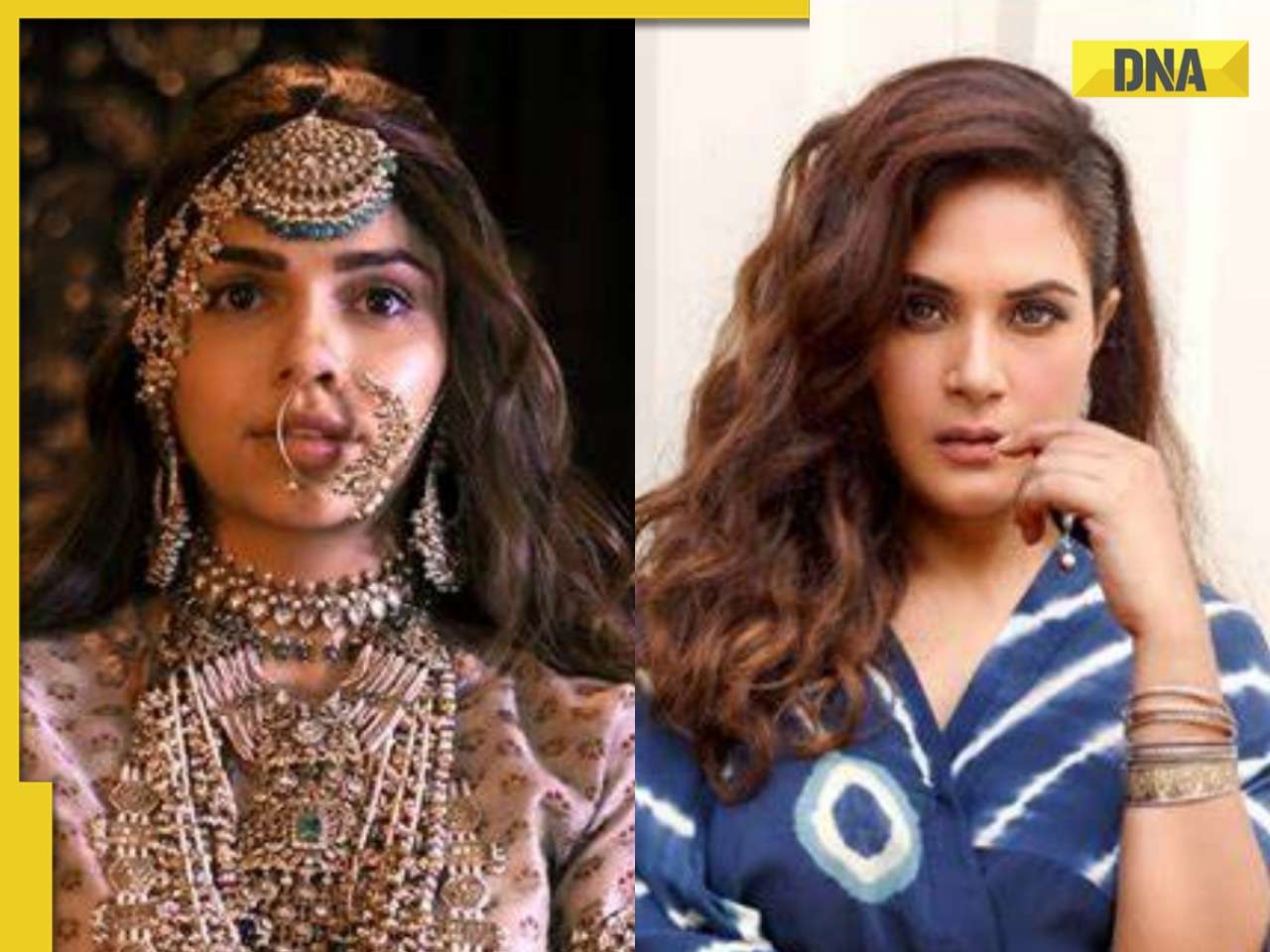







)





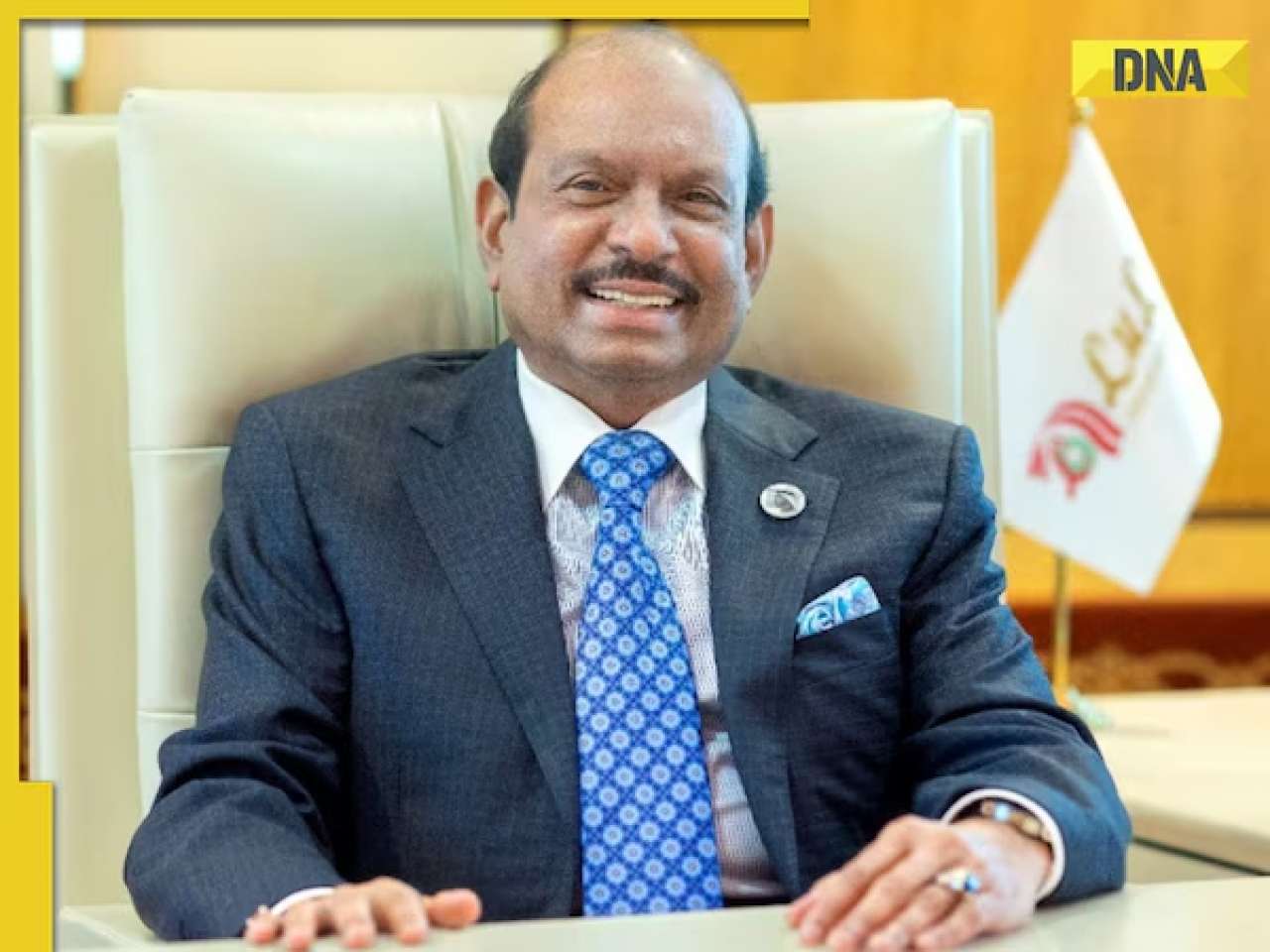

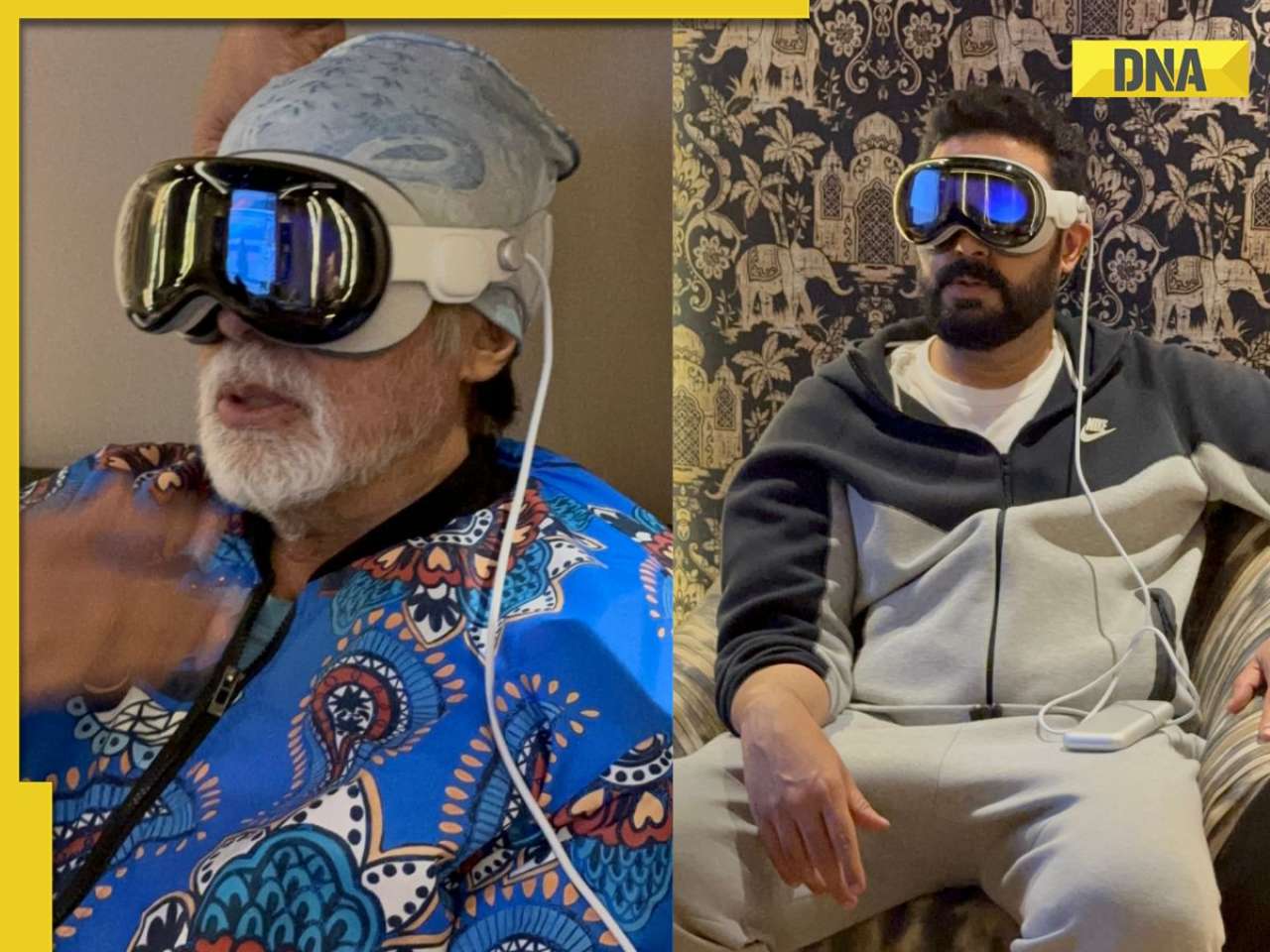










)
)
)
)
)
)